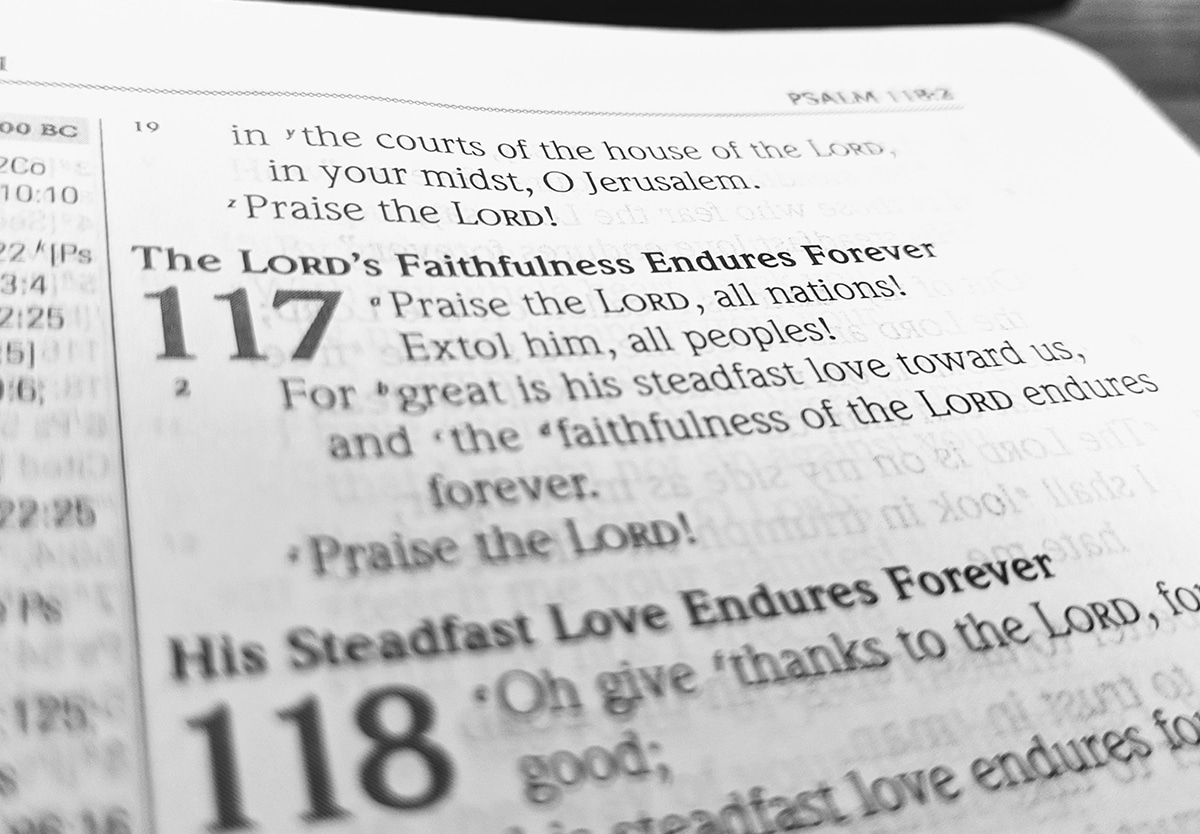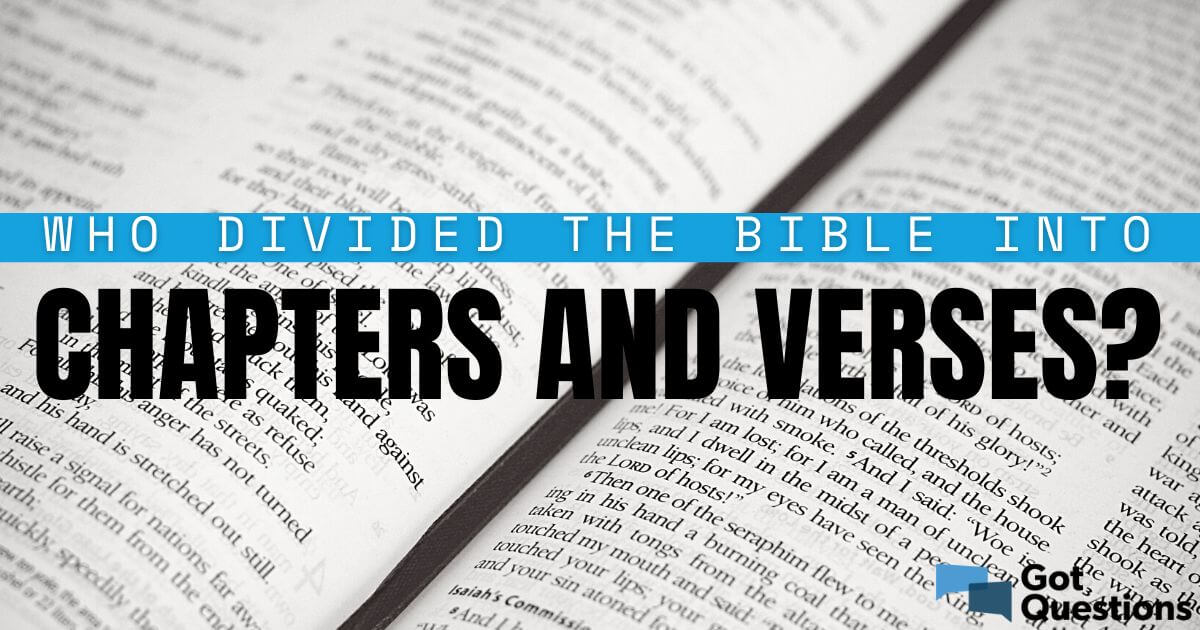The shortest chapter in bible – In the vast tapestry of the Bible, there lies a tiny gem—the shortest chapter, a mere 35 words, yet it packs a profound punch that has captivated readers for centuries. This minuscule masterpiece, known as Psalm 117, is a testament to the power of brevity, offering a glimpse into the depths of faith and devotion.
Within its concise verses, Psalm 117 weaves a timeless message of praise and gratitude, inviting us to join the chorus of nations and proclaim the glory of God. Its simplicity belies a profound understanding of the human soul’s longing for connection and the transformative power of worship.
The Chapter’s Significance

The shortest chapter in the Bible, Psalm 117, is a powerful and meaningful hymn of praise to God. It consists of only two verses, yet it conveys a profound message of God’s love, mercy, and faithfulness.
This chapter holds significant historical and theological importance. It is believed to have been written during the time of King Hezekiah, around the 7th century BC. The chapter reflects the themes of the Psalms, which are often songs of praise, lament, and thanksgiving. Psalm 117 is a reminder of God’s unwavering love and faithfulness, even in times of trouble and despair.
Throughout history, Psalm 117 has been interpreted and applied in various ways. It has been used as a prayer of thanksgiving, a source of comfort in times of difficulty, and a reminder of God’s presence in our lives. The chapter’s simplicity and brevity make it accessible to people of all ages and backgrounds, making it a popular choice for worship and personal devotion.
Content and Meaning: The Shortest Chapter In Bible

The shortest chapter in the Bible, Psalm 117, is a simple but powerful expression of praise to God. It consists of just two verses, which proclaim God’s faithfulness and love.
Main Themes
The main themes of Psalm 117 are:
- Praise to God
- God’s faithfulness
- God’s love
The psalm begins with a call to praise God, and it ends with a declaration of God’s love for all nations. In between, the psalmist declares that God’s faithfulness is “forever.” This is a powerful reminder that God is always with us, even when we don’t feel it.
The Bible’s shortest chapter, Psalm 117, is a powerful reminder of God’s universal sovereignty. In the realm of manga, Black Clover Chapter 359 stands out as an epic battle filled with twists and turns. Yet, like Psalm 117’s brevity, it leaves readers craving more, reminding us that even the smallest of chapters can pack a profound punch.
Literary Devices
Psalm 117 uses several literary devices to create its impact, including:
- Parallelism: The psalm is structured around a series of parallel lines, which create a sense of rhythm and balance.
- Repetition: The word “praise” is repeated three times in the psalm, emphasizing the importance of giving thanks to God.
- Symbolism: The psalm uses the image of light to represent God’s faithfulness. This is a powerful reminder that God is always present, even in the darkest of times.
The brevity of Psalm 117 contributes to its impact. The psalm’s simple language and concise message make it easy to remember and meditate on. It is a powerful reminder that even in the midst of life’s challenges, we can always find hope and strength in God.
Who knew the shortest chapter in the bible could lead us down such an interesting path? Just when you think you’ve heard it all, you stumble upon Worlds Strongest Troll Chapter 57 . It’s like the universe is trying to tell us that even in the most concise of passages, there’s always more to discover.
Back to the shortest chapter in the bible, it’s a testament to the power of brevity, leaving us with just enough to ponder and contemplate.
Comparative Analysis

The shortest chapter in the Bible, Psalm 117, is a mere two verses long, making it a unique and intriguing text. While its brevity may seem inconsequential, a comparative analysis with other short chapters in the Bible reveals significant insights into its content, style, and purpose.
Examining chapters of similar length, such as Psalm 131 (three verses) and Psalm 133 (three verses), highlights striking similarities in their conciseness and simplicity. These chapters primarily consist of short, declarative statements that express praise or adoration. However, Psalm 117 stands out in its brevity, with each verse containing just one sentence. This extreme concision creates a powerful impact, emphasizing the chapter’s central message with remarkable efficiency.
Another notable difference is the style of the chapters. Psalm 117 is written in a highly poetic and lyrical style, employing vivid imagery and metaphors. In contrast, Psalm 131 and Psalm 133 adopt a more straightforward and didactic tone. The brevity of Psalm 117 allows for a concentrated focus on its poetic elements, enhancing its aesthetic appeal and memorability.
Furthermore, the purpose of these short chapters varies. Psalm 131 and Psalm 133 serve as hymns of praise, expressing gratitude and devotion to God. Psalm 117, on the other hand, has a broader purpose, extending beyond mere praise to encompass a universal message of God’s love and salvation. Its brevity allows for a wide range of interpretations and applications, making it a versatile text that resonates with readers in diverse contexts.
The length of a chapter can profoundly influence its interpretation and reception. The brevity of Psalm 117 forces readers to grapple with its concise yet profound message. It invites contemplation and encourages readers to seek deeper meaning within its limited words. The chapter’s impact is not diminished by its shortness; rather, it is amplified, leaving a lasting impression on the reader’s mind.
Artistic Representations

The shortest chapter in the Bible has captured the imagination of artists and writers for centuries. Its brevity and enigmatic nature have inspired a wide range of interpretations, which have been expressed through various forms of art.
Paintings, The shortest chapter in bible
Many painters have depicted the shortest chapter in their works. One famous example is Rembrandt’s painting “The Storm on the Sea of Galilee,” which shows Jesus calming the storm. The painting captures the drama and power of the story, and it has become one of the most iconic representations of the chapter.
Sculptures
Sculptors have also created works of art inspired by the shortest chapter. One example is Michelangelo’s sculpture “Pietà,” which depicts Mary holding the body of Jesus after his crucifixion. The sculpture is a powerful and moving representation of the chapter’s themes of grief and loss.
Poems
Poets have also been inspired by the shortest chapter. One famous example is William Blake’s poem “Auguries of Innocence,” which includes the line “To see a World in a Grain of Sand.” This line is a reference to the chapter’s description of God’s power and presence in all things.
These artistic representations have shaped our understanding of the shortest chapter’s significance. They have helped us to see the chapter in new ways and to appreciate its depth and beauty.
Closing Summary

The shortest chapter in the Bible, Psalm 117, stands as a testament to the enduring impact of brevity. Its succinct yet evocative language has inspired countless interpretations and artistic representations, shaping our understanding of faith, worship, and the boundless nature of divine love.

